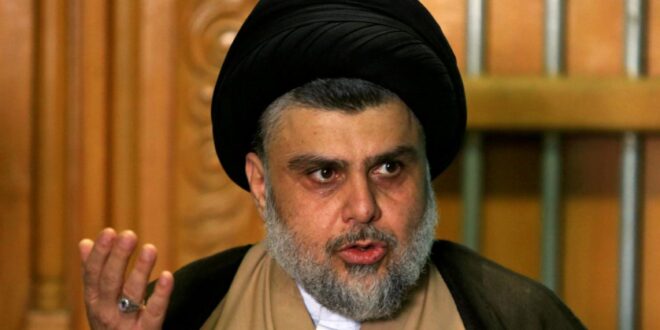Iraqi security authorities have announced a state of maximum alert as they anticipate armed attacks in Baghdad and other cities.
Hours after the visit of the commander of the Iranian “Quds Force,” Ismail Qaani, armed factions held several meetings to discuss “mechanisms to stop Muqtada al-Sadr’s project of forming a majority government without them.”
“The Iraqi forces received orders to deploy in separate areas, according to the rules of engagement,” an Iraqi officer who requested anonymity told Asharq Al-Awsat.
Meanwhile, three Shiite factions’ leaders confirmed holding separate meetings in military headquarters, without mentioning any details about their outcomes.
Later, multiple political sources said that leading figures in the Iranian Revolutionary Guards joined Qaani in Baghdad to meet with leaders in the Coordination Framework.
These meetings aim to unify the Shiite house after the recent row between the Coordination Framework and the Sadrist movement.
Iraq might for the first time in years get a government that excludes Iran-backed parties if Sadr, who dominated the recent election, keeps his word, say Iraqi politicians, government officials and independent analysts.
Meetings mounted by Iranian officials in Iraq are taking place with a pragmatic motive to adapt to the accelerating transformations led by Sadr. Armed Shiite factions are trying to influence all concerned parties to restore the Shiite incentive to protect the unity of the political house.
While these attempts are being made, private sources reported to Asharq Al-Awsat that Sadr initially refused to meet Qaani at his residence in Al-Hanana, Najaf.
Nevertheless, Sadr met with Qaani and relayed a categorical rejection of Nouri al-Maliki’s participation in the government but showed flexibility with others.
Qaani then informed the leaders of the Coordination Framework of the necessity of joining Sadr in the majority project, and leaving al-Maliki behind, to avoid heavy political losses.
 Eurasia Press & News
Eurasia Press & News




